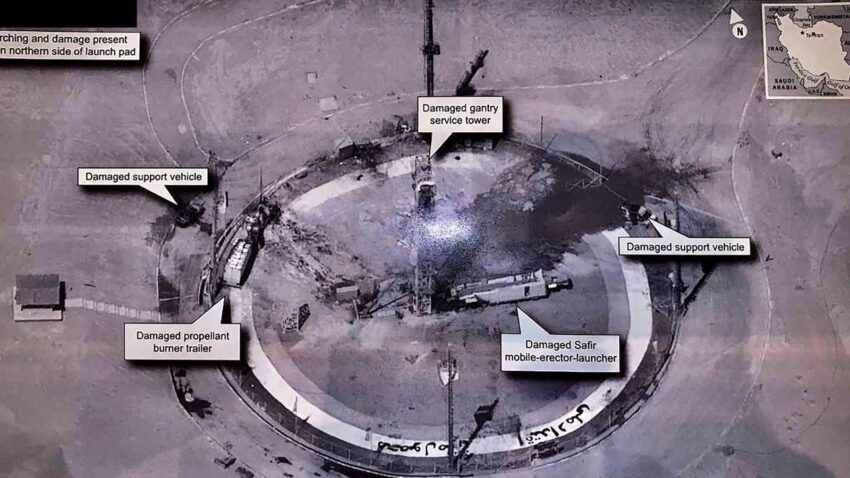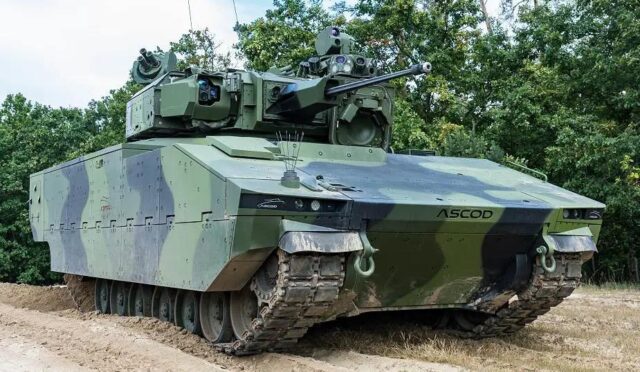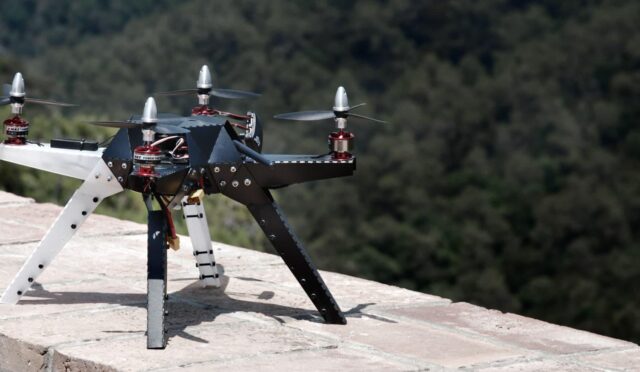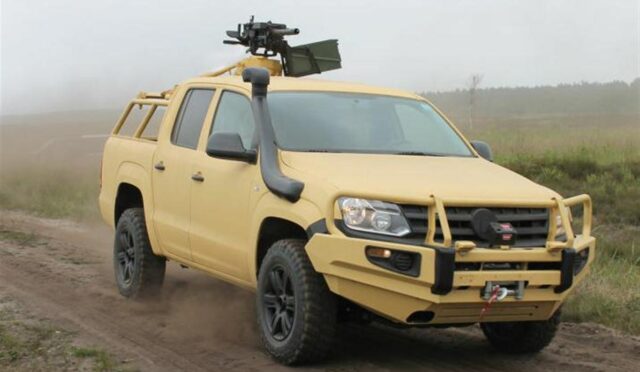Trump Launches Major Offensive Against Iran’s Nuclear Facilities
On Saturday, President Donald Trump announced that the US military has successfully carried out a significant attack on three Iranian nuclear sites, including the crucial underground enrichment facility at Fordow. This declaration came as a surprise, especially since it followed just two days after Trump suggested that there might be a two-week window for potential diplomatic discussions regarding Iran. He planned to address the nation later that evening, after confirming the decision to support Israel in its military operations against Iran’s nuclear ambitions.
Trump touted the operation as a “very successful attack,” revealing on his Truth Social platform that a full payload of bombs had been launched against Fordow. He stated that all aircraft involved were returning safely and extended his congratulations to the American military forces for their efforts in this unprecedented military move.
Iran’s Response and Escalating Tensions
In a follow-up message, Trump insisted on the necessity for Iran to agree to a ceasefire, describing the military action as a historic step not just for the US and Israel, but for global peace. This announcement came just days after he hinted at a decision regarding military action against Iran that aligned with key ally Israel.
Meanwhile, Iranian officials issued stern warnings about retaliation against US forces in the Middle East should an attack occur. Iran’s President Masoud Pezeshkian cautioned that if the Israeli bombardment persisted, a far more devastating response would follow, stressing that the nation would not abandon its nuclear endeavors under any circumstances.
Military Operations and Civilian Impact
On the same day, Israel confirmed that it had killed three Iranian commanders as part of its ongoing offensive, claiming that Iranian progress towards developing a nuclear weapon had been stalled by approximately two years. In Iran, protests erupted in support of the country’s nuclear program, with students forming human chains outside the Fordow facility, emphasizing national solidarity.
Since the commencement of Israel’s air campaign on June 13, the conflict has escalated, with both nations engaging in a series of retaliatory strikes. Reports indicated that Israel conducted its second attack on the Isfahan nuclear site, while US intelligence assessed the damage resulting from the strikes, which included a centrifuge manufacturing workshop.
Iran’s Military Posture and Regional Alliances
Later that day, reports from Iran’s Mehr news agency claimed that Israel had targeted military installations in Shiraz. Subsequently, Iran’s Revolutionary Guard announced the launch of an extensive wave of suicide drones aimed at strategic objectives across Israel, asserting its position against the ongoing aggression.
Despite Tehran’s insistence that it does not pursue nuclear weapons, the rhetoric from Iranian officials has been increasingly defiant. Pezeshkian reiterated that the country’s right to a civilian nuclear program would not be compromised by external threats.
International Diplomacy Amidst Conflict
In a conversation with French President Emmanuel Macron, Pezeshkian made it clear that Iran would not agree to reduce its nuclear activities to zero. He characterized the Israeli airstrikes as ongoing aggression, vowing that Iran’s response would escalate if such assaults continued.
On the diplomatic front, Iran’s Foreign Minister Abbas Araghchi was attending a meeting with the Organisation of Islamic Cooperation in Istanbul. The event followed a meeting in Geneva where senior diplomats from Britain, France, and Germany encouraged resumption of stalled nuclear negotiations with the US, highlighting the complexities of diplomacy in the face of military action.
Rising Tensions in the Red Sea
Adding to the regional tensions, Iranian Houthi allies in Yemen threatened to restart attacks on US vessels in the Red Sea if the US engages further in the conflict. These threats come despite a recent ceasefire agreement, indicating the fragile nature of regional stability.
As the conflict unfolded, the US-based Human Rights Activists News Agency reported a rising toll of casualties in Iran, estimating at least 657 deaths, including 263 civilians. Meanwhile, Iran’s health ministry reported over 400 fatalities due to Israeli strikes, with retaliatory actions by Iran claiming at least 25 lives in Israel, according to official sources.







